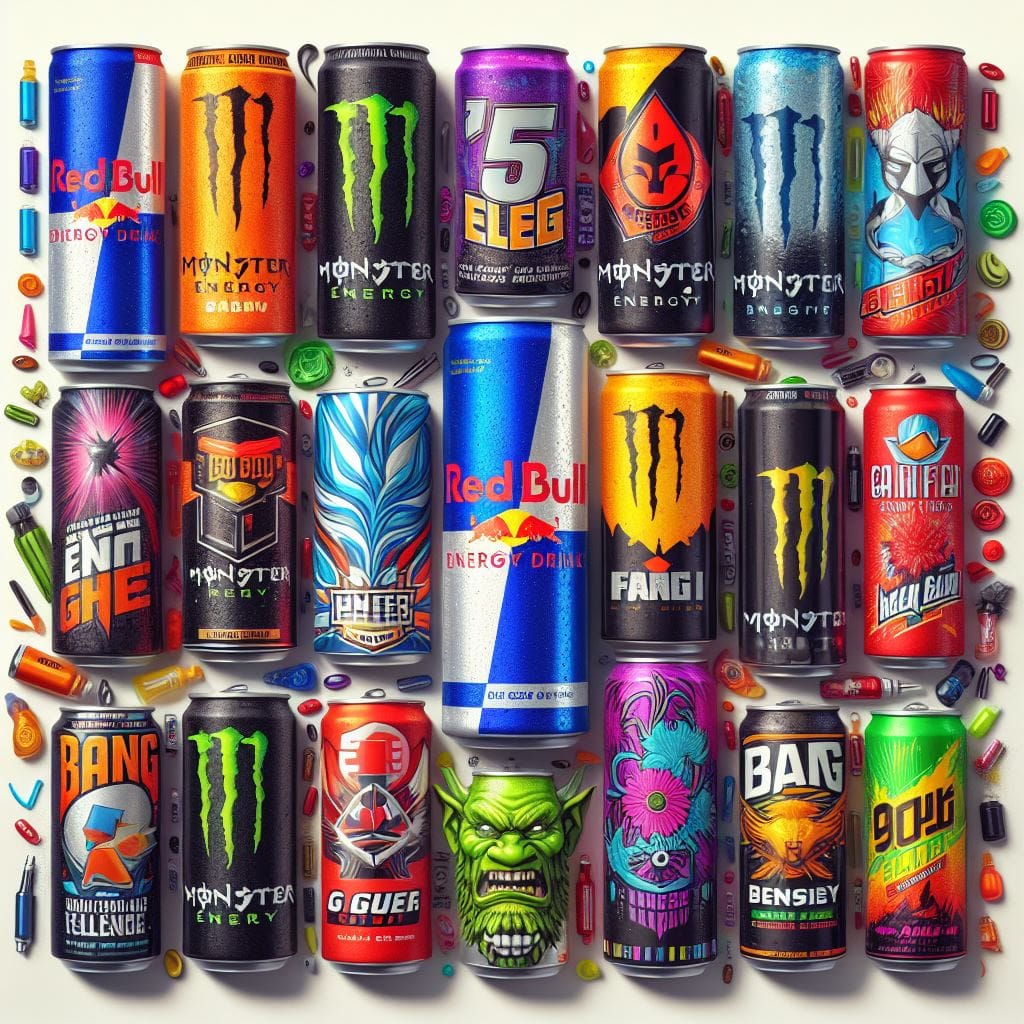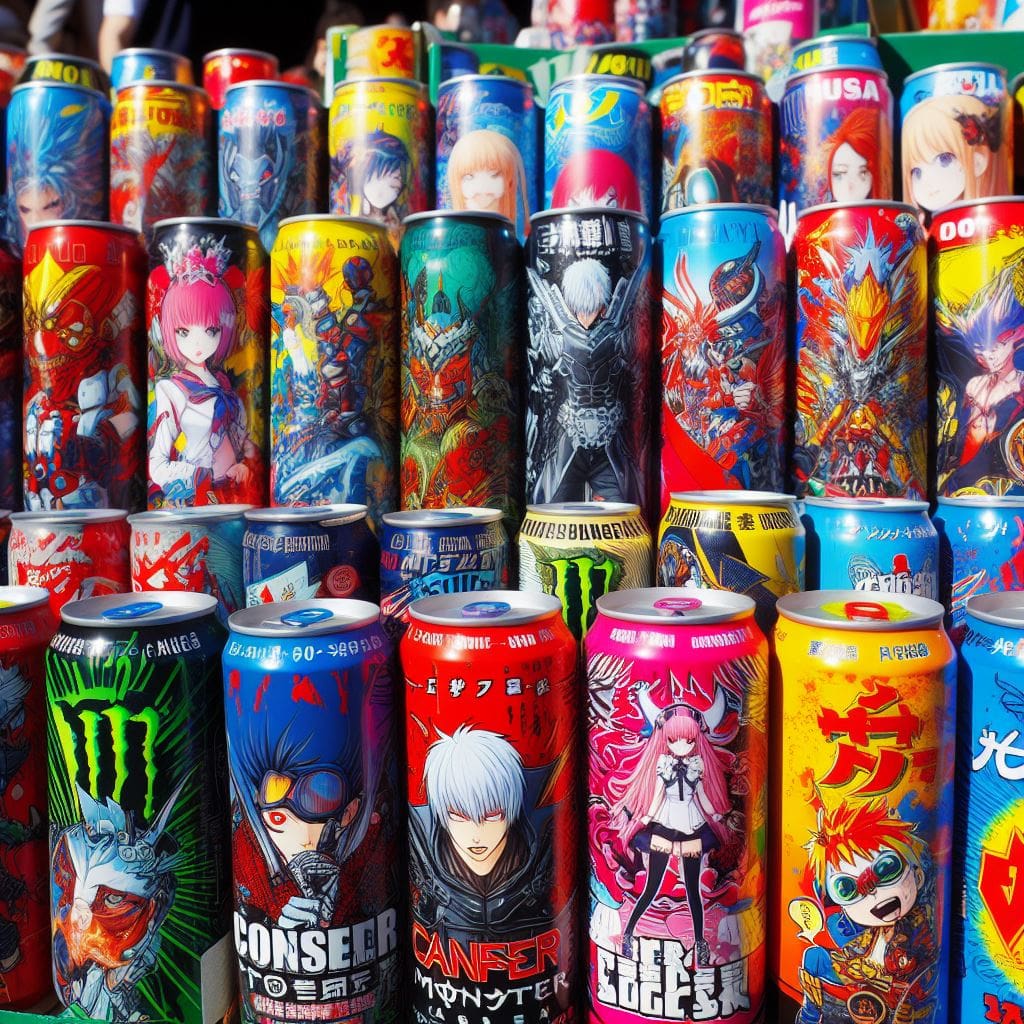The popularity of energy drinks among young men and women, especially those who are looking for a quick energy boost and a source of focus, has increased in recent years. Despite the compelling advertisements for these drinks, there are significant health risks involved, particularly for those in their early twenties to late thirties.

The perceived benefits of energy drinks may appeal to this age group, which often juggles demanding work, social lives, and fitness aspirations. While this beverage may seemingly be masked as harmless, there are hidden dangers to be aware of.
Thus, the understanding of these potential harms is crucial for making informed choices about their consumption.
Decoding the Ingredients for Energy Drinks

Energy drinks are a complex mix of various ingredients, with caffeine, a stimulant that affects the central nervous system, being the most prominent. However, it’s the interplay of these ingredients that raises concerns. Here’s a breakdown of some key components and their potential impact:
- Caffeine: The primary stimulant in energy drinks, caffeine can increase alertness and focus in the short term. While moderate caffeine intake (around 400mg per day for healthy adults) can offer some cognitive benefits, however, exceeding this limit can lead to various problems.
- Sugar: A large portion of energy drinks consists of high level of added sugars, contributing to an increased risk of Type 2 diabetes
- Other additives: Energy drinks often contain a mix of other ingredients like taurine, guarana, and B-vitamins. While their individual effects are debated, they might contribute to the overall negative outcomes associated with heavy energy drink consumption.
Common Short-Term Effects:
- Increased heart rate and blood pressure: This can strain the cardiovascular system, particularly in individuals with pre-existing conditions like high blood pressure or heart arrhythmias.
- Anxiety and restlessness: Caffeine can exacerbate feelings of anxiety and contribute to difficulties with relaxation and sleep.
- Gastrointestinal issues: Excessive caffeine intake can lead to stomach upset, including heartburn, nausea, and diarrhea.
- Dehydration: Energy drinks often contain diuretics, which increase urine production and can contribute to dehydration, especially during physical activity.
Long-Term Concerns:
- Addiction: Regular, excessive consumption can lead to dependence and withdrawal symptoms upon cessation, such as headaches, fatigue, and irritability.
- Cardiovascular health: Chronic high caffeine intake has been linked to an increased risk of heart disease, stroke, and other cardiovascular complications.
- Mental health issues: The stimulating effect of caffeine and the disruption of sleep patterns can contribute to anxiety, depression, and even psychosis in vulnerable individuals.
- Kidney damage: The high sugar content and diuretic effect of caffeine can put strain on the kidneys, potentially leading to long-term problems.
- Bone health: Studies have shown a possible link between excessive energy drink intake and decreased bone mineral density, increasing the risk of fractures later in life.
- Dental problems: Sugar creates an environment conducive to the growth of bacteria, leading to cavities and tooth decay.
Hidden Dangers: Mixing and Matching
The dangers of energy drinks escalate when combined with other substances. Mixing them with alcohol is particularly concerning, as it masks the intoxicating effects of alcohol, potentially leading to overconsumption and risky behavior due to impaired judgment.
Additionally, combining energy drinks with other stimulants, such as medications or supplements, can further exacerbate the risks of heart problems, anxiety, and insomnia.
The Age Factor: Why Young Men are More Vulnerable
Young men in their early twenties to late thirties are a demographic particularly susceptible to the negative effects of energy drinks for several reasons:
- Developing bodies: Their bodies are still undergoing physiological and neurological development, making them potentially more sensitive to the effects of caffeine and other ingredients.
- Active lifestyles: Many young men engage in activities that may lead to increased reliance on energy drinks to combat fatigue, potentially pushing the boundaries of safe consumption.
Dispelling the Myths of Marketing Tactics for Energy Drinks
The marketing of energy drinks often portrays them as a solution for achieving peak performance, enhancing athletic capabilities, and promoting a cool and energetic image. However, it’s important to understand that:
- Energy drinks are not a magic bullet for increased energy or improved cognitive function: The short-lived “boost” is followed by a potential crash, and the long-term consequences outweigh any perceived benefits.
- Energy drinks cannot enhance athletic performance: While they might provide a temporary surge, they lack the essential nutrients athletes need for sustained energy and optimal performance.
- The “cool” image associated with energy drinks is often misleading: True energy and well-being come from healthy habits and a balanced lifestyle, not from artificial stimulants.
Making Informed Choices Concerning Energy Drinks
Instead of relying on energy drinks for a temporary pick-me-up, explore these healthier alternatives:
- Adequate sleep: Getting sufficient sleep is the foundation for sustained energy and mental clarity. Aim for 7–8 hours of quality sleep each night.
- Hydration: Dehydration can lead to fatigue. Stay hydrated by drinking plenty of water throughout the day.
- Balanced diet: A healthy diet rich in fruits, vegetables, whole grains, and lean protein provides your body with the essential nutrients it needs for sustained energy.
- Regular exercise: Physical activity increases energy levels and improves overall well-being. Moderate exercise most days of the week can significantly boost your energy levels.
- Stress management: Chronic stress can drain your energy reserves. Practice stress-reduction techniques like meditation, yoga, or deep breathing to improve your mental well-being and energy levels.
Parting word
Energy drinks offer a quick pick-me-up, but their potential health risks, particularly for young men, cannot be ignored. By understanding the hidden dangers and making informed choices, individuals can prioritize healthy habits and ensure long-term well-being.



